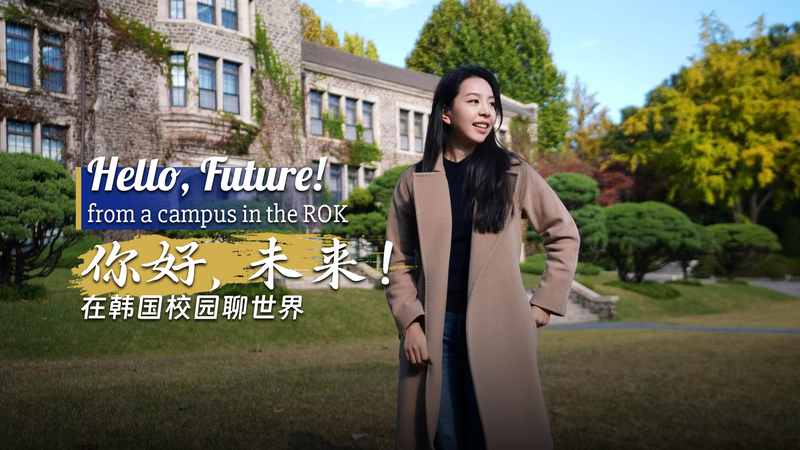On a crisp spring morning at Yonsei University, a vibrant shout echoes across the quad: “Hello, future!” It’s more than a slogan—it’s the rallying cry of students gearing up for the 2025 APEC Economic Leaders’ Meeting in the ROK.
From the Global Leaders Club’s brainstorming sessions to late-night coding marathons, students like Jinsoo, a third-year economics major, see regional cooperation as the bedrock of Asia’s next chapter. “APEC connects us beyond borders,” Jinsoo notes, highlighting the forum’s role in fostering trade and digital innovation across member economies.
For May, an environmental science student and founder of a campus sustainability startup, Asia’s future hinges on blending tradition with cutting-edge green tech. “We’re merging age-old practices—like rice-farming rituals—with drone monitoring and AI-driven water management,” she explains, painting a vivid picture of tomorrow’s sustainable landscapes.
Meanwhile, Arif, a digital nomad studying cultural anthropology, views mobility and connectivity as the region’s greatest assets. “Remote work is our passport,” he says, describing how he hops between Seoul, Jakarta and Melbourne, building networks and sharing ideas across time zones.
These voices reflect a broader trend: APEC economies account for nearly two-thirds of global GDP and drive the conversation on digital trade, climate action and inclusive growth. On campus, this translates to hackathons that tackle cross-border e-commerce, art festivals celebrating shared heritage and speaker series on human rights and policy innovation.
As APEC leaders prepare to convene in 2025, the spirit of cooperation starts here in classrooms and cafes, fueled by young changemakers who believe that Asia’s true future is a tapestry woven from diverse perspectives, bold ideas and the courage to listen.
Reference(s):
cgtn.com




